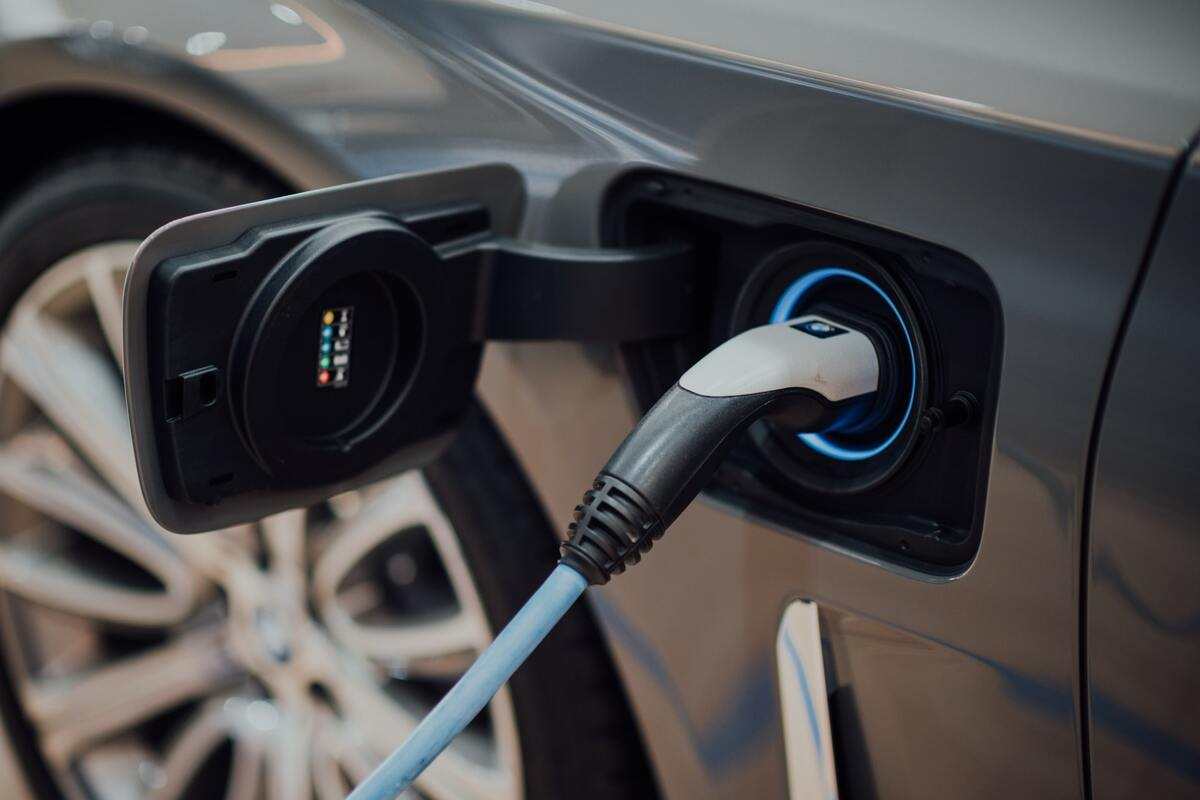How Does Temperature Affect Your Car Battery?

A faulty battery is one of the main reasons for car breakdowns on the road. The battery performance can be heavily affected by temperature. An ideal operating temperature for a car battery is around 26.7 degrees Celsius or 80 degrees Fahrenheit. As batteries are made of chemical materials and operate based on chemical reactions, high temperature speeds up the chemical reaction, and the cold tends to slow it down. Extreme temperatures also lead to some external issues which affect the car battery performance.
Effects of High Temperature on Car Battery Performance:
Contrary to popular belief, sweltering heat or high summer temperatures pose a greater danger to your car’s battery than the low temperature in winter. Though your battery indeed operates at a higher capacity when it is hot, high temperatures tend to shorten the overall battery life. This happens mainly due to evaporation, overcharging or corrosion.
Fluid Evaporation
A car battery’s temperature can soar up to 60°C – 70°C under the hood. This causes the battery fluid to evaporate, causing irreversible damage to the battery’s internal structure. During the blistering summer months, such a temperature is not too hard to achieve.
Incorrect Charging
High temperatures can cause the voltage regulator or other charging systems to malfunction. This often leads to your battery overcharging. A routine occurrence of such overcharging leads to inevitable battery death.
Battery Corrosion
Soaring temperatures adversely cause the lead plates housed inside the battery to corrode, further deteriorating your battery’s condition. This leads to a slow but imperative death of your vehicle’s battery life. As mentioned above, excessive heat accelerates chemical activity and internal corrosion. This particularly holds true for batteries that reach higher temperatures repeatedly. Remember that once your battery’s capacity has been damaged due to overexposure to heat, it cannot be restored. The ideal operating temperature for an automotive battery that allows it to work at maximum efficiency is 26°C– 27°C.
Effects of Freezing Temperatures on Car Batteries:
Cold temperatures during wintertime can lead to major battery breakdowns. Another common incident is when you are in a hurry to get to the office on a freezing cold morning, and your ignition simply will not allow the engine to start and rev. Batteries take a toll when in frigid temperatures due to the following reasons –
Diminished Capacity
At lower temperatures, your car battery’s capacity can drop as low as 50%. This reduction in capacity leads to a further reduction in the battery’s power output, which impedes a vehicle’s engine capacity, and the car fails to start.
Altered Oil Viscosity
Colder temperatures cause the engine oil to thicken, which makes the engine difficult to turn over. This forces the battery to work harder when it is already at low capacity. What is meant by an engine turning over? When a car’s engine starts, the battery sends an electrical signal to the spark plugs, causing ignition. This then powers the crankshaft, which allows you to drive the car.
Decreased Recharge Rate
When an automobile is driven, its battery gets charged automatically. However, the rate of battery recharge reduces significantly due to cold weather. This means that you need to drive further to ensure that your battery is recharged correctly or risk operating on an inadequately charged battery the next time you start your car.


